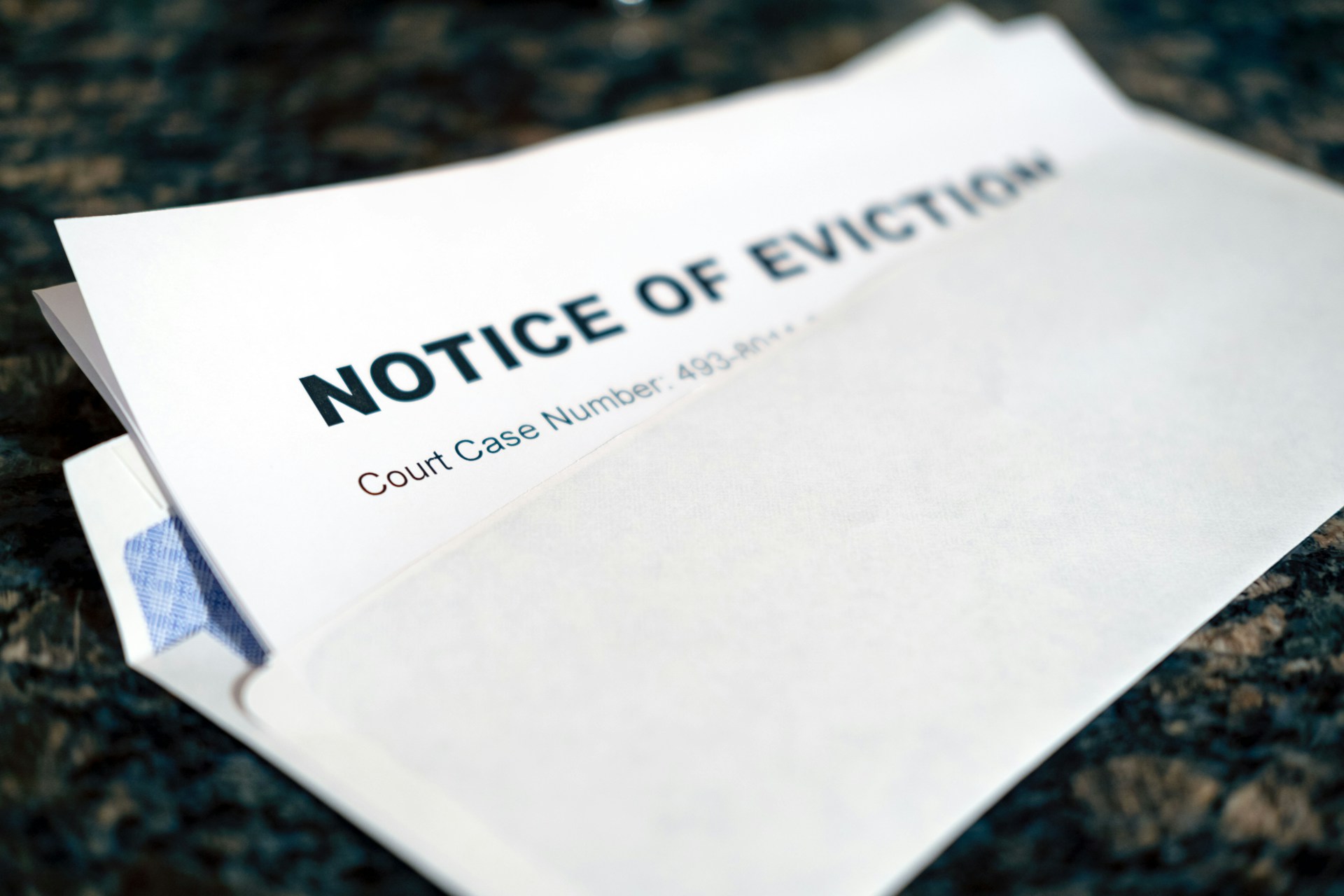Have recently suffered a personal injury in New York and considering filing a lawsuit? If so, it’s essential to be aware of the laws surrounding time limits for submitting claims to ensure you receive your due compensation. Read on to learn more about how long you have to file a personal injury suit in New York and what steps you need to take as soon as possible if an incident occurs.
What is the statute of limitations?
The statute of limitations is a fascinating legal concept that is a real-time taking process for legal proceedings for certain claims or offenses. Depending on the case and jurisdiction, this time limit varies. Once it expires, your right to bring a lawsuit or criminal charges related to that incident vanishes.
But do you know why does this concept exist? Well, it makes sure that legal actions occur promptly, preserving evidence and protecting defendants from dealing with stale claims. Moreover, it gives individuals and entities a sense of finality and closure, assuring them that they no longer face potential legal actions once the specified time has passed. Fascinating Fact, right?
How long is the statute of limitations for personal injury lawsuits in New York?
The time limit generally varies in different regions around the world. When talking about New York specifically, the statute of limitations for personal injury lawsuits is generally three years. This simply means that if you have suffered a personal injury due to someone else’s negligence, you have three years from the date of the incident to file a lawsuit seeking compensation for your injuries and damages.
It is crucial to take this time period into consideration, as if failed to file within the prescribed period can result in your claim being barred, and you may lose the opportunity to seek legal compensation. However, there can be certain exceptions and variations to the statute of limitations depending on the circumstances and conditions of the case, so it is advisable to consult with a qualified personal injury attorney to understand the specific time constraints applicable to your situation.
What are the exceptions to the statute of limitations?
The exceptions to the statute of limitations can be complex and multifaceted, as they are influenced by both the judging authorities, the governing laws of the jurisdiction, and the nature of the legal claim in question. Each type of case may have its unique set of circumstances that can affect the statute of limitations differently.
- Discovery Rule
In some cases, if the injury or harm that has resulted from an incident was not immediately evident, the statute of limitations may be paused or extended, allowing it to begin when the plaintiff becomes aware of the injury or should have reasonably discovered it.
- Fraud or concealment
If the defendant by wish hides or conceals vital information or evidence relevant to the claim, the statute of limitations may be prolonged until the fraud is revealed. This exception, known as “fraudulent concealment,” aims to protect the plaintiff’s rights and ensure a fair legal process.
- Mentally Incompetent
If a prosecutor is of unsound mind, mentally unstable, or otherwise unable to bring a claim, the statute of limitations may be paused, or extended until the plaintiff is capable of bringing a claim. In this situation, a prosecutor must understand the legal process and understand that a lawsuit is being filed on their behalf for the statute of limitations to start running again.
- Military service
In certain cases, the statute of limitations may be temporarily suspended or “tolled” while a defendant is serving in the military. This exception recognizes the unique circumstances that active military service can pose. It ensures that defendants serving in the military have a fair chance to respond to legal claims once their service obligations are fulfilled, upholding the principles of justice and fairness.
These exceptions vary based on various different types of cases and their scenario that can create conflict. It is advised to check up on your circumstances based on these exceptions.
What happens if you miss the statute of limitations?
If you miss the statute of limitations for filing your legal claim or initiating legal proceedings, you may then lose your chance to appeal the case to court. Once the statute of limitations has expired from the prosecutor’s side, the opposing party can raise it as a defense, and the court will likely dismiss the case. This means you will no longer have the opportunity to seek legal redress for your claim, regardless of its merits.
How to file a personal injury lawsuit in New York?
There are several steps involved in filling a personal injury lawsuit no matter where you are filling. In New York filing a personal injury lawsuit is mentioned below:
- Medical Assistance
The first and foremost thing to consider is your health. Consult a doctor at first no matter how small the injury is.
- Preserve Evidence
Preserve evidence that you had firsthand. Medical receipts, Accident site pictures, and every other minute evidence should be preserved.
- Consult An Attorney
The real lawsuit filing starts here consulting a reputed and knowledgeable personal attorney is very important.
- Calculating Damage and Negotiation
Assess the full extent of your damages, then your attorney may engage in pre-suit negotiations with the responsible party or their insurance company to seek a fair settlement.
- Filing the Lawsuit
Then if a settlement point is not reached, your attorney will file a formal complaint in the appropriate court against the responsible party.
What documents do you need?
You will need have to several documents to support your case if you file a personal injury lawsuit. While the specific needs may differ from case to case needs based on the jurisdiction and the type of your claim, the following are some often required documents:
- Proof Of Expenses
You will have to keep track and physical documentation of all the expenses that have resulted from the accident. From medical expenses to automobile damage, any cost incurred from your pocket should be documented.
- Lost Wages
Provide documentation of your lost wages or income, including pay stubs or statements from your employer.
- Insurance Information
Provide details of your all insurance coverage, including health insurance, auto insurance, or any other relevant policies to your attorney.
- Police Report
If the law has been involved in the incident then you have to report it to the police and have to keep a copy of the complaint filed handy as proof.
- Any Other Relevant Documents
Depending on the specific circumstances of your case, additional documents may be required, such as property damage estimates, correspondence, or expert opinions.
Where do you file your lawsuit?
The type of your legal claim and the jurisdiction of the case decides where you have to file the case. Primarily there are 2 types of courts where you can file your case:
- State Court
Most of the lawsuits which have a civil code of conduct, including personal injury cases, are filed in state courts. The appropriate state court is typically the one located in the county where the incident occurred or where the defendant resides.
- Federal Court
The other cases may be filed in federal court if they involve federal law, disputes between parties from different states (diversity jurisdiction), or other specific federal legal issues. Federal court jurisdiction is more limited than state court jurisdiction.
Conclusion
In New York, the statute of limitations for filing a personal injury lawsuit is generally three years from the date of the injury. However, it is essential not to wait until the last moment to seek legal action. The sooner you contact a personal injury lawyer after sustaining an injury, the better. An experienced attorney can assess the merits of your case, gather essential evidence, and protect your rights within the applicable time limit. By taking prompt action and seeking professional legal counsel, you can ensure that you have the best chance of obtaining the compensation you deserve for your injuries and losses. Don’t hesitate to reach out to a personal injury lawyer today to discuss your case and understand your legal options.


